3 reasons why it makes sense for Microsoft to take over TikTok in the U.S.
Microsoft, possibly taking over the popular social network TikTok in the U.S., seems weird until you look more closely.
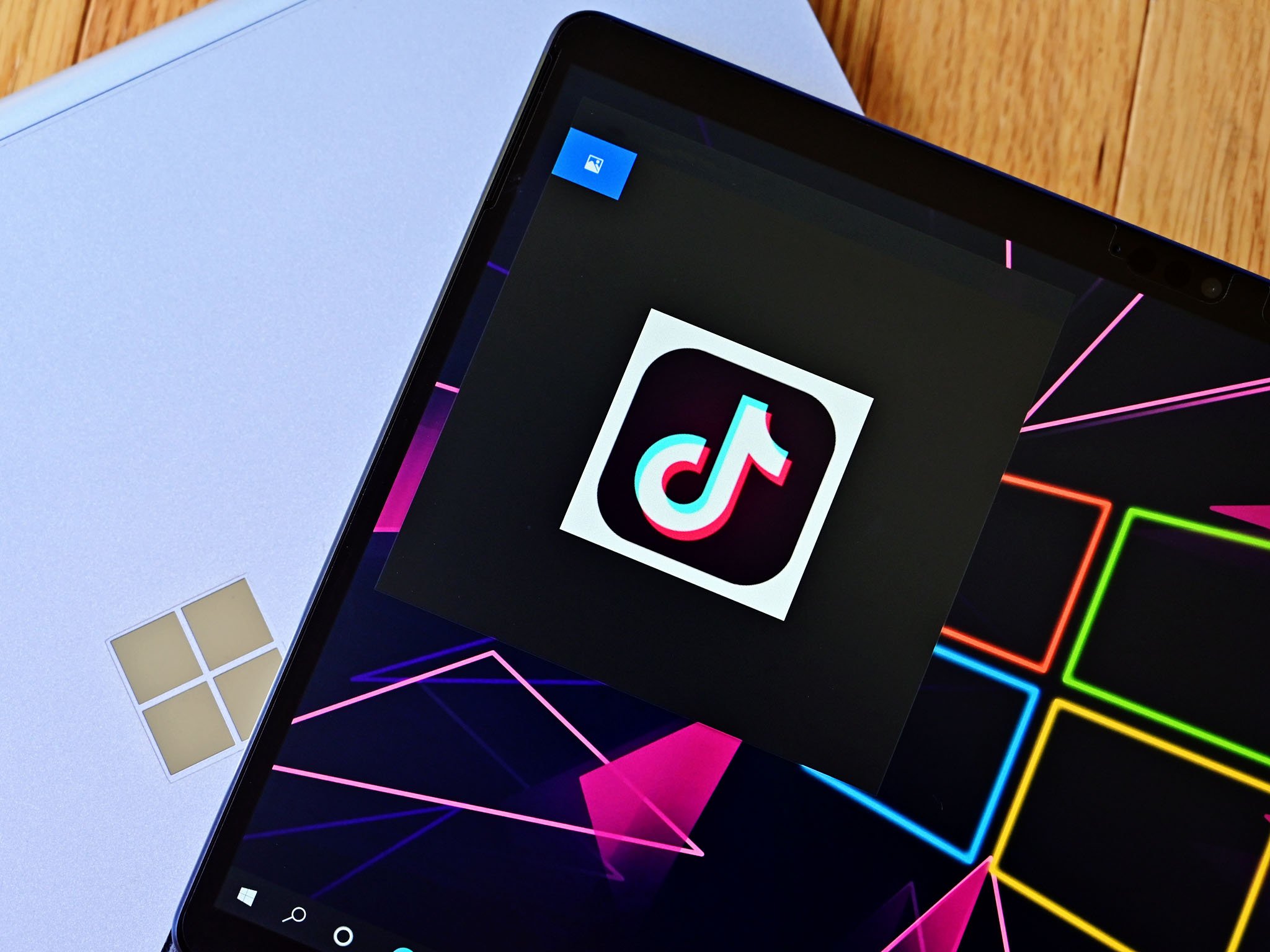
Update #4: 8/3/2020: President Trump said on Monday "he does not mind if Microsoft Corp buys the Chinese-owned short-video app TikTok," so long as the deal is done by September 15th. This remark clears the path for the purchase to go through without controversy.
Update #3 8/2/2020: Microsoft has now officially confirmed it is exploring the purchase of Tiktok, and talks have now resumed following discussions with the Trump administration.
2020 has been a bizarre year, which is only augmented by yesterday's late-breaking news that Microsoft was in talks to acquire the popular video social network TikTok.
A lot has happened since that news dropped, including threats of an outright ban of the app in the U.S. However, recent developments suggest Microsoft is still the leading contender to take over U.S. operations should TikTok parent company ByteDance divest.
While Microsoft seems a peculiar choice for a hip Vine-esque service, here is why it makes sense.
TikTok and the U.S.: How we got here
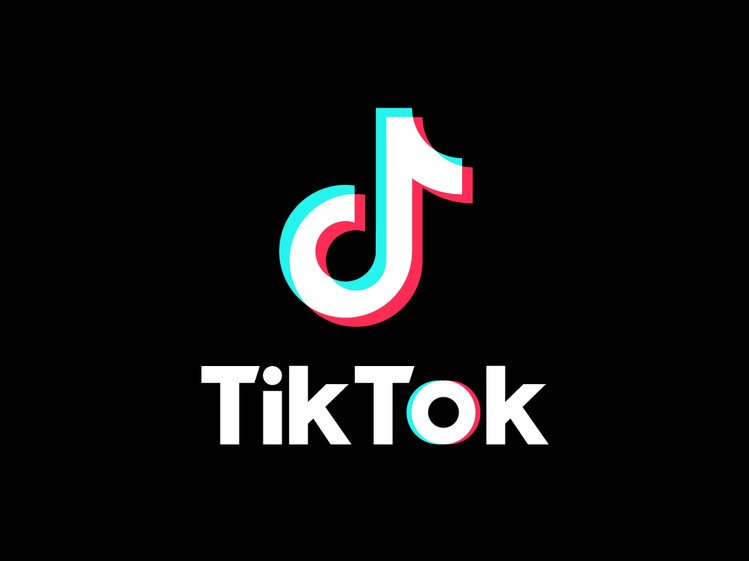
TikTok rose to prominence in 2019, a year in which the company brought in a staggering $20 billion in ad revenue, an increase of 180 percent year-over-year. That's all from a huge 40 million daily-active-users (DAU) count, which is massive for any social network.
Google, Facebook, and Amazon all bring regulatory concerns to a TikTok takeover.
ByteDance owns TikTok (known as Douyin in China) but is only one of many apps the company makes. Despite concerns that ByteDance has connections to the Chinese government (Chinese Communist Party, or CCP), the company is a private technology firm, with a reported 70 percent of its investors coming from the U.S.. The company is valued at roughly $50 billion as of July 29, 2020.
Get the Windows Central Newsletter
All the latest news, reviews, and guides for Windows and Xbox diehards.
Concerns over security and TikTok have been reported in the press for months. However, to date, there has not been any definitive analysis demonstrating security violations of the Google Play or Apple App Store policies.
In January, the U.S. military effectively banned the app on government-issued devices. One very detailed analysis of TikTok by Derek Banks, a security analyst and penetration tester for Black Hills Information Security, concludes:
At this point in the analysis, though, if I were performing a risk analysis for allowing the app on company devices, I think there would be enough data to decide against it. But what about banning TikTok from the general public? My opinion is that without breaking the encryption, it would be hard for me to say. My guess is that it was decrypted by someone and that data was being collected was viewed as an invasion of privacy.Personally, I think it's safe to assume as a user for any popular app, that personal data from your phone is being sent to any of these companies. Does it matter where the company is headquartered? Perhaps for some, perhaps not for most others. At the end of the day, I think that the majority of people have no real idea how much their privacy is compromised by apps on their mobile devices, but that is a conversation for another day and another blog post.
Whether TikTok is siphoning private data or is just a silly Vine-clone that those under 30 enjoy is hard to say. The Trump administration was famously "trolled" by TikTok users recently where those involved over-ordered tickets to President Trump's Tulsa rally. The result was an embarrassing under-attendance of supporters. Unfortunately, it is hard to separate personal politics from State concerns these days.
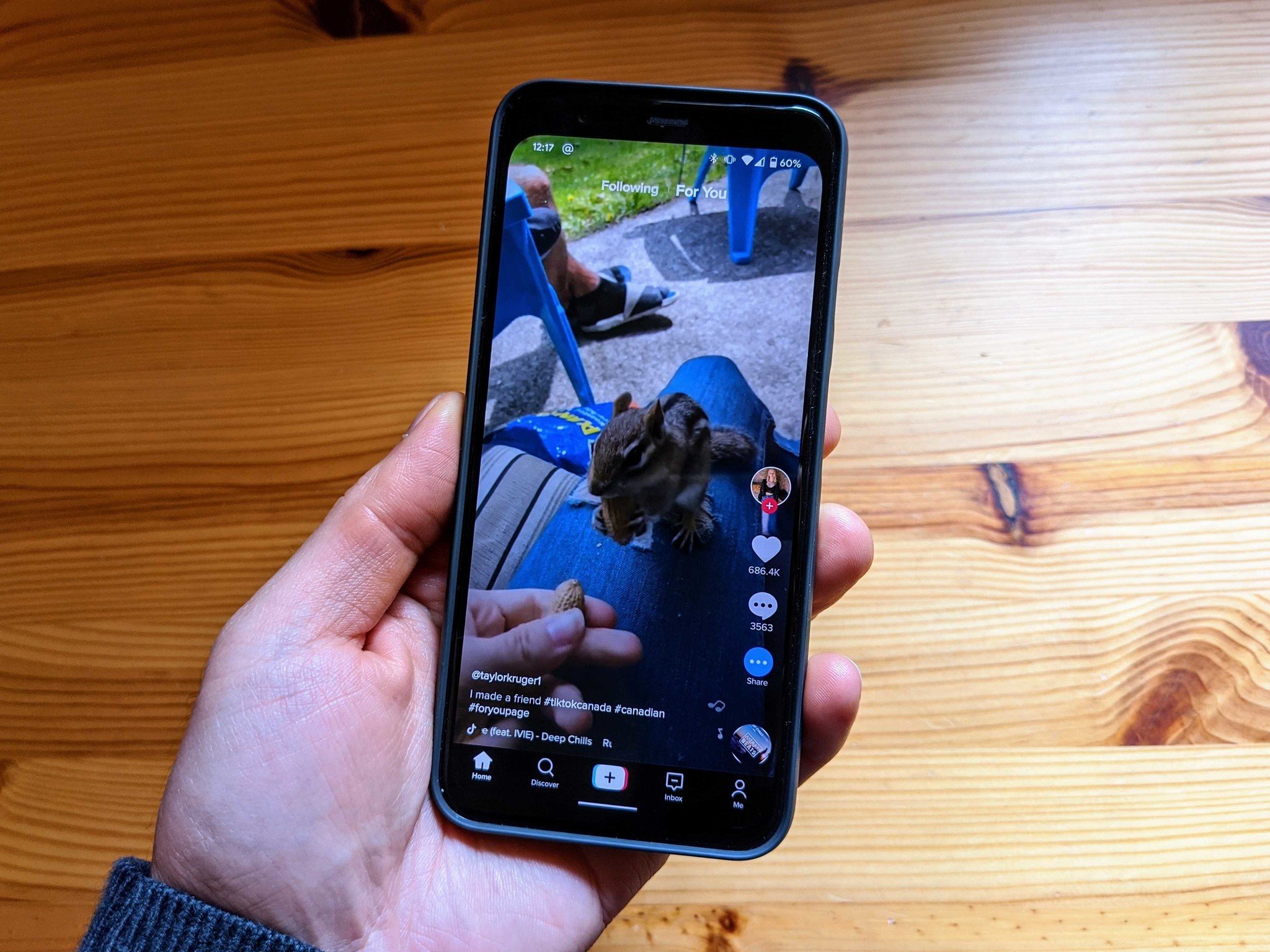
On Friday, July 31, President Trump stated to the press pool on Air Force One that he plans to flat-out ban TikTok in the U.S.. This statement came hours after Microsoft was reportedly in talks to take over U.S. operations. On August 1, Reuters said that the owners of TikTok are prepared to divest U.S. operations ceding control to a U.S. company, namely Microsoft:
Under ByteDance's new proposal, Microsoft, which also owns professional social media network LinkedIn, will be in charge of protecting all of TikTok's U.S. user data, the sources said. The plan allows for a U.S. company other than Microsoft to take over TikTok in the United States, the sources added.
Microsoft did not respond to a request for comment from Reuters.
Interestingly, Microsoft's "in" with TikTok may come from Erich Andersen, TikTok's global general counsel. Andersen was with Microsoft for nearly 20 years, recently serving as Corporate Vice President and Chief IP Counsel to the Redmond giant.
As to why Microsoft makes sense to take over operations, there are a few ...
1. Microsoft brings security, trust, no antitrust baggage
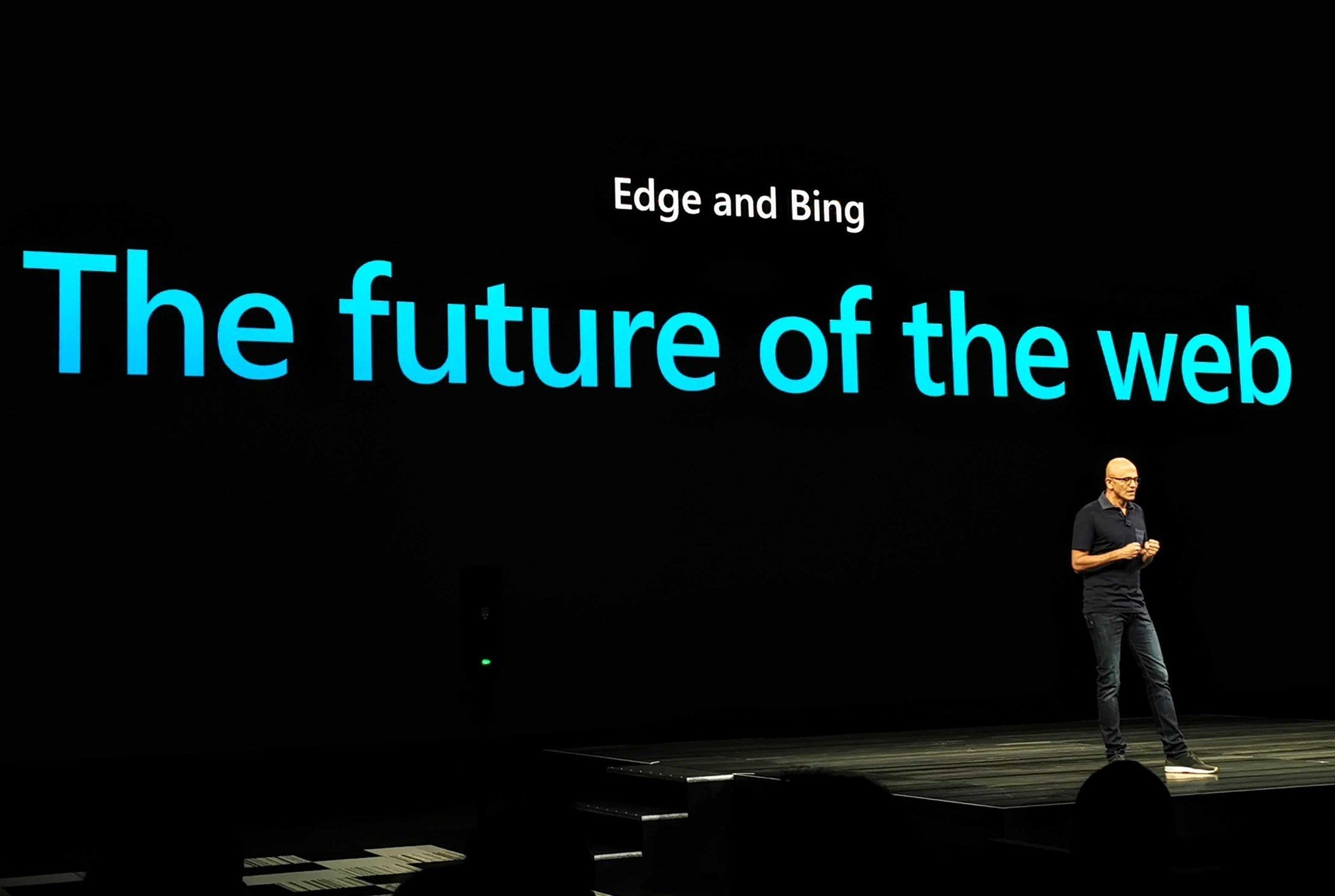
This week, numerous companies, including Apple, Google, Amazon, and Facebook, were on Capitol Hill defending their use of technology, market dominance, and fairness in competition.
Notably absent from the hearings? Microsoft.
Facebook is salivating to buy TikTok going so far as to create a "clone" of the app called Reels. It's a familiar position for Facebook, who has been accused multiple times of trying to buy a company while also threatening to copy its tech and destroy them (see Instagram).
But Facebook is facing a lot of regulatory and political scrutiny. It already owns social giants Instagram and WhatsApp. Adding TikTok to that mix would create a massive and politically unpopular social media juggernaut.
Microsoft has a better reputation for consumer privacy than Google or Facebook these days.
The same can be said about Google and Amazon, though to a lesser degree. Apple seems the most pristine from this controversy, save for its questionable App Store policies. Still, the company doesn't seem to have the internal structure to take over a massive social network suddenly. There's also the question if Apple would treat the TikTok Android app as fairly as the one for iOS.
Microsoft, on the other hand, actually rates highly with consumers on privacy, with Microsoft "soaring" by one independent measure. The same cannot be said about Google, Facebook, or Amazon. Image matters.
The U.S. government also trusts Microsoft. You don't need to look any further than JEDI (Joint Enterprise Defense Infrastructure) and DEOS (Defense Enterprise Office Solutions), both massive contracts the let the U.S. defense machine run on Redmond's software.
Were TikTok to divest U.S. operations to Microsoft, there would be no regulatory hiccups, clamor, or protests. Such a smooth sailing acquisition makes investors and governments happy. Indeed, this reputation seems to be a driving factor as Reuters even reported "Microsoft… will be in charge of protecting all of TikTok's U.S. user data."
2. Boon for Microsoft ad revenue
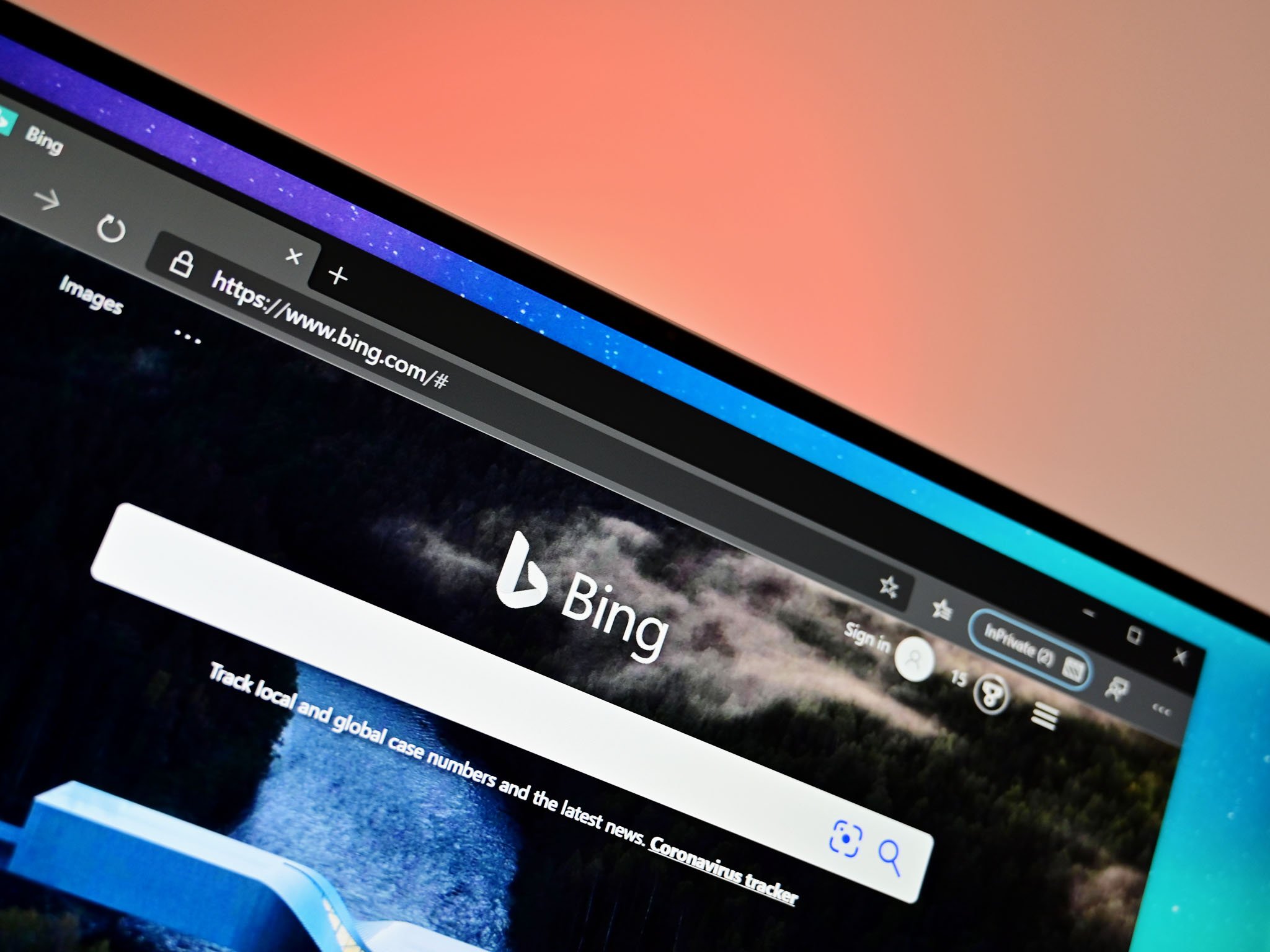
Google is the king of ads on the web. It is also the target of a new antitrust investigation by 50 U.S. attorneys general announced late in 2019. Giving it more slice of the ad pie is probably not a popular idea right now.
Microsoft also has an ad business (tied to search), but it has been flat for the last few years, as Bing slowly chugs along with single-digit increases year to year.
TikTok pulled in $20 billion in 2019 from ad revenue. ByteDance projected $1 billion in ad revenue from India this year, where the app was just banned, most of it from TikTok.
Even if Microsoft is only running U.S. operations for TikTok, the windfall for ad revenue, reach, and data would be massive.
3. Microsoft Azure cloud and skills
Next to Google and Amazon, Microsoft is one of the most prominent cloud players with its rocketing Azure business.
Microsoft has the infrastructure to run TikTok's data securely and efficiently. The company already runs LinkedIn (who's revenue grew 10 percent last quarter), GitHub, and Minecraft with colossal success.
Microsoft is well-positioned to take the reigns of running TikTok both from a technical and capital perspective.
Takeaway: Of course, this is Microsoft …
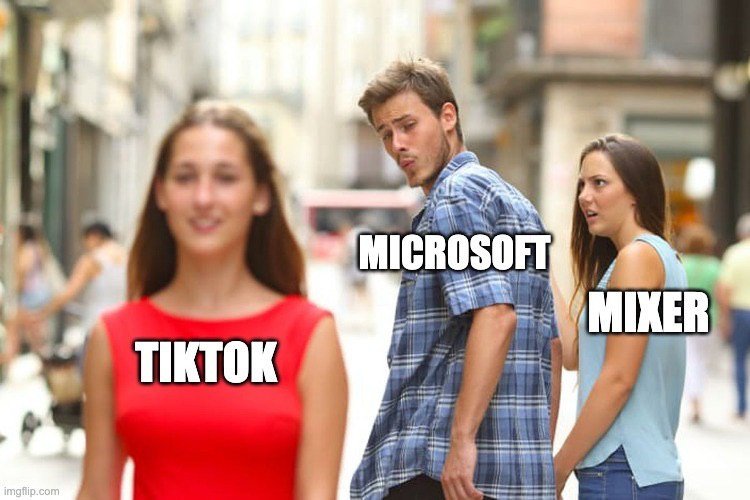
To say Microsoft has a mixed history of successfully running new acquisitions is an understatement. It was only in July the company shutdown its Mixer game streaming service, a business that seemed ripe for growth and expansion when Microsoft acquired Beem just four years ago.
The US government trusts Microsoft, who is seen more as a neutral player these days compared to the alternatives.
Other failed acquisitions include Nokia, most famously. One could argue Skype has been meandering for years, not to mention failures like Danger, Tellme Networks, aQuantive, Navision, and others like GroupMe, Hotmail, PlaceWare, etc.
But Microsoft also had massive success with LinkedIn, Minecraft, and GitHub, aka all post-Ballmer decisions under the reign of current Microsoft CEO Satya Nadella. Minecraft, which was questioned initially, now has 200 million-unit sales and 126 million monthly active users.
Should Microsoft acquire U.S. operations of TikTok, it should do what it does best: handle the backend and logistical work, while letting ex-Disney executive (and now TikTok CEO) Kevin Maye run things. Microsoft seems only to flub acquisitions when it tries to swallow and integrate the company, not when it lets them operate as a standalone like GitHub, Mojang (Minecraft), and to a lesser extent, LinkedIn.
But the case for Microsoft running TikTok is clear. The company has the best reputation, is trusted for security; it has in the infrastructure, and doesn't attract controversy. How this all plays out in the coming days will be a fascinating chapter to this wild year.

Daniel Rubino is the Editor-in-chief of Windows Central. He is also the head reviewer, podcast co-host, and analyst. He has been covering Microsoft since 2007 when this site was called WMExperts (and later Windows Phone Central). His interests include Windows, laptops, next-gen computing, and wearable tech. He has reviewed laptops for over 10 years and is particularly fond of 2-in-1 convertibles, Arm64 processors, new form factors, and thin-and-light PCs. Before all this tech stuff, he worked on a Ph.D. in linguistics, performed polysomnographs in NYC, and was a motion-picture operator for 17 years.
